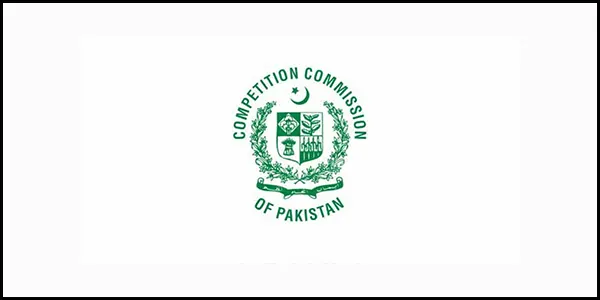The Competition Commission of Pakistan has concluded an extensive study titled “Enhancing Economic Efficiency of SMEs in Pakistan”, identifying barriers to competition, and providing recommendations for improving the economic efficiency of Small and Medium Enterprises.
The study is based on data from 50 Financial Institutions (FIs), 18 focused group discussions, and 362 SMEs across 11 cities and a seminar conducted by CCP on women entrepreneurs.
The study recommends reviewing the definition of SMEs in comparison to other regional countries, as the current National SME Policy, 2021 excludes micro-enterprises, which overlooks an important segment of the policy focus. Additionally, startups are addressed in the policy, but their unique characteristics warrant separate treatment in line with international best practices.
A comparison of definitions across the Companies Act, SME Policy, and Income Tax Ordinance reveals varying thresholds for revenue, innovation, and age, indicating the need for rationalization. Moreover, establishing a clear and transparent legal framework for startups is emphasized to define the rights and obligations of all stakeholders operating within the startup ecosystem.
Access to finance is a significant barrier to SME growth, as highlighted in the study. Despite policy measures to increase financing to 17%, the SME sector in Pakistan only receives 6-7% of private sector financing.










